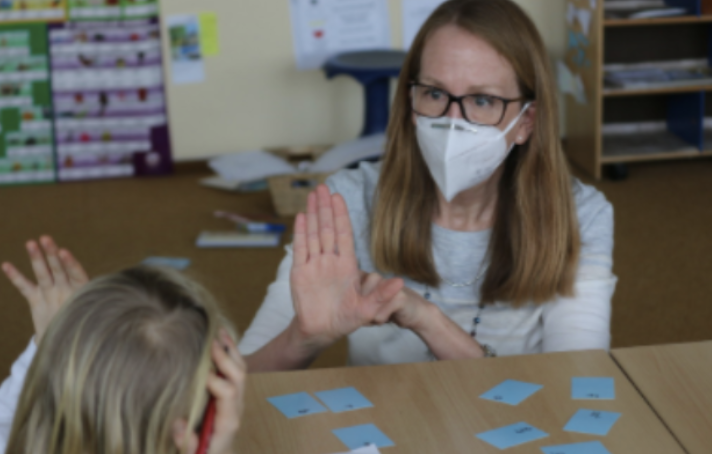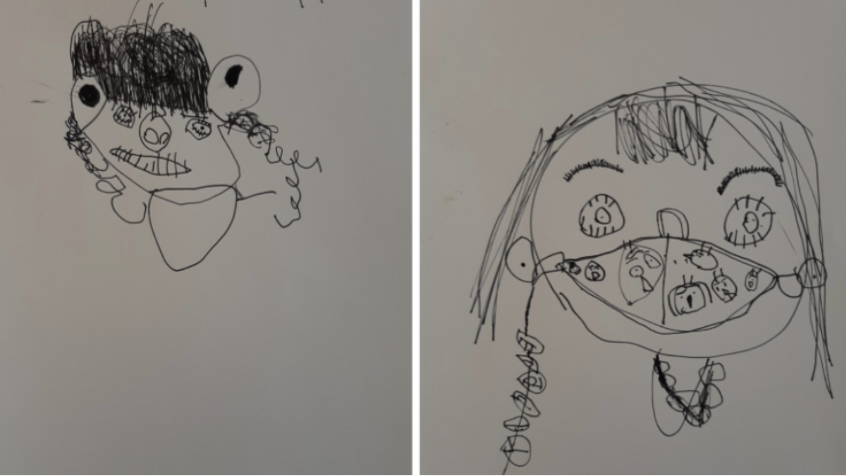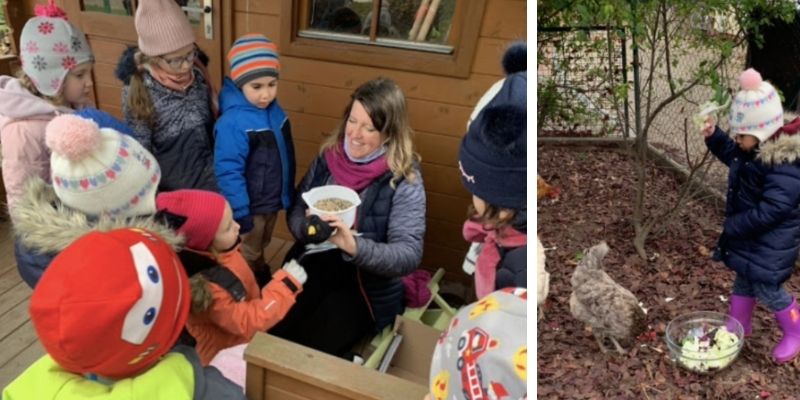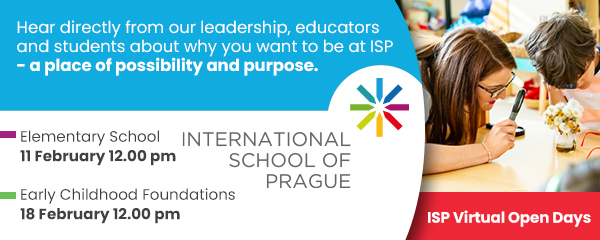Article written by Dr. Cindy Gause-Vega, Elementary Principal at International School of Prague.
Studies of early childhood education show that strong programs increase a child’s cognitive and social-emotional development, as well as nurturing rich language and numeracy skills.
There are different types of early childhood programs based on different teaching philosophies. Many early childhood centers are primarily daycare programs in which children are well cared for and are engaged in free, unstructured play.
Some early childhood programs follow well-known educational philosophies and educators are trained in the pedagogies of these approaches. Montessori, Waldorf, Reggio Emilia-inspired are the most well known.
Montessori and Waldorf preschools are often accredited by official organizations. Reggio-inspired preschool programs are informed by the pedagogy and philosophy of the Reggio Emilia approach while also reflecting the cultural context of each location.
Preschools are likely to focus on a particular philosophy in how they describe themselves in promotional materials and in school tours. While it’s important to know what the school’s educational philosophy is and whether this is a good fit for your child, it is also important to know that many preschool programs do not need any accreditation to use the names of those educational methods.
Using the name does not guarantee the quality of the program. When visiting a preschool, it’s important you meet the teachers and learn as much as you can about how they work with the children.
What should you look for when choosing a high-quality early childhood program for your child?
1. Teachers should have university degrees in early childhood education or a field related to the development of young children. Teachers and assistants should have experience working with this age group. Ask about the teachers’ qualifications and what they are learning about now. All educators should be actively engaged in their own professional learning.
The International School of Prague is extremely fortunate to have Ms. Kathy Zabinski, a literacy, pedagogical, and thinking expert, as our ISP ES Literacy Coach. She works with all of our teachers and teaching assistants from Early Childhood to Grade 5, focused on maximizing student learning and progress in literacy. (Read the Learning Story about Ms. Zabinski’s work with teachers.)

2. Teachers are positive, warm and caring. They are helpful and smile often in their interactions with the children. Outstanding early childhood teachers listen to the children, respond to their questions, and pay attention to their concerns. They don’t scold or yell at the children. Studies confirm that children learn better when they feel safe and have a sense of belonging in a nurturing environment.
3. Teaching is interactive and engaging. If at all possible, visit the school and observe how teachers interact with the children during class and outside. You should see teachers asking thought-provoking questions and helping children to think deeper. The teachers should encourage children to talk and should be engaging with the children in the learning. Teaching may involve singing, telling stories, reading books, playing games, or creative play. The classroom should be filled with a rich array of materials, all carefully designed by the teacher to inspire children’s curiosity.
As the name implies, the Early Childhood Foundations program at the International School of Prague, taught by our highly expert and experienced educators, builds the solid foundation for literacy, numeracy, scientific observation and reasoning, as well as fine motor skills. Read the explanation from our ECF teachers, Ms. Amber (homeroom) and Ms. Akshaya (atelierista), highlighting one way our youngest learners build this foundation through self-portraits, a project over time.

4. There is a balance of free play time both in the classroom and outdoors providing opportunities for social learning, exploration, and discovery, all supported by the teachers as needed. Teachers should proactively guide conflict resolution and facilitate social learning, rather than just letting the children “figure it out” on their own. At this age, children need support in learning how to manage their emotions and interact with their peers.
At the International School of Prague campus, nestled in the Divoká Šárka Forest, ISP Early Childhood Foundation teachers and students take advantage of quick access to learning about the local flora and fauna. Outdoor learning involves children in gardening, caring for animals, and engaging with natural materials.
ISP’s Elementary School Outdoor Learning Coordinator, Ms. Kerry Craig, an outdoor learning and early childhood expert, supports key learning foundations for our future scientists. Piquing the children’s interests through observations and explorations with natural materials, plants and creatures, children in Early Childhood Foundations become intrigued and engaged with the complexity of our natural world. Read about their different experiences outdoors.

When visiting different preschools, take your time to ask many questions and think about what you want for your child. Choosing the right early childhood program for your child is an important decision ~ these years in preschool should lay the foundation for a lifelong love of learning!
Curious about the Early Childhood Foundations and Elementary School at the International School of Prague?
Join our Virtual Open Days – Elementary (11 February) and Early Childhood Foundations (18 February). Register here.
 Dr. Cindy Gause-Vega, Elementary Principal at International School of Prague: In Dr. Cindy Vega’s 40+ years as an educator, she has served as a teacher from Kindergarten through university, as well as been active in creating and implementing teacher development programs and designing curriculum.
Dr. Cindy Gause-Vega, Elementary Principal at International School of Prague: In Dr. Cindy Vega’s 40+ years as an educator, she has served as a teacher from Kindergarten through university, as well as been active in creating and implementing teacher development programs and designing curriculum.
During her 16 year tenure at the International School of Prague (ISP), Cindy’s professionalism and enthusiasm have earned her the respect of her colleagues, students, and the broader ISP community.
In collaboration with Elementary faculty, Cindy has led the development of an inquiry-based program in which children’s curiosity drives what and how they learn, implemented a rigorous, child-centred literacy and math program, and grown an Early Childhood Program recognized as an exemplary Reggio-inspired preschool. In 2011 she was chosen as one of two international “National Distinguished Principals” by the U.S. government.
